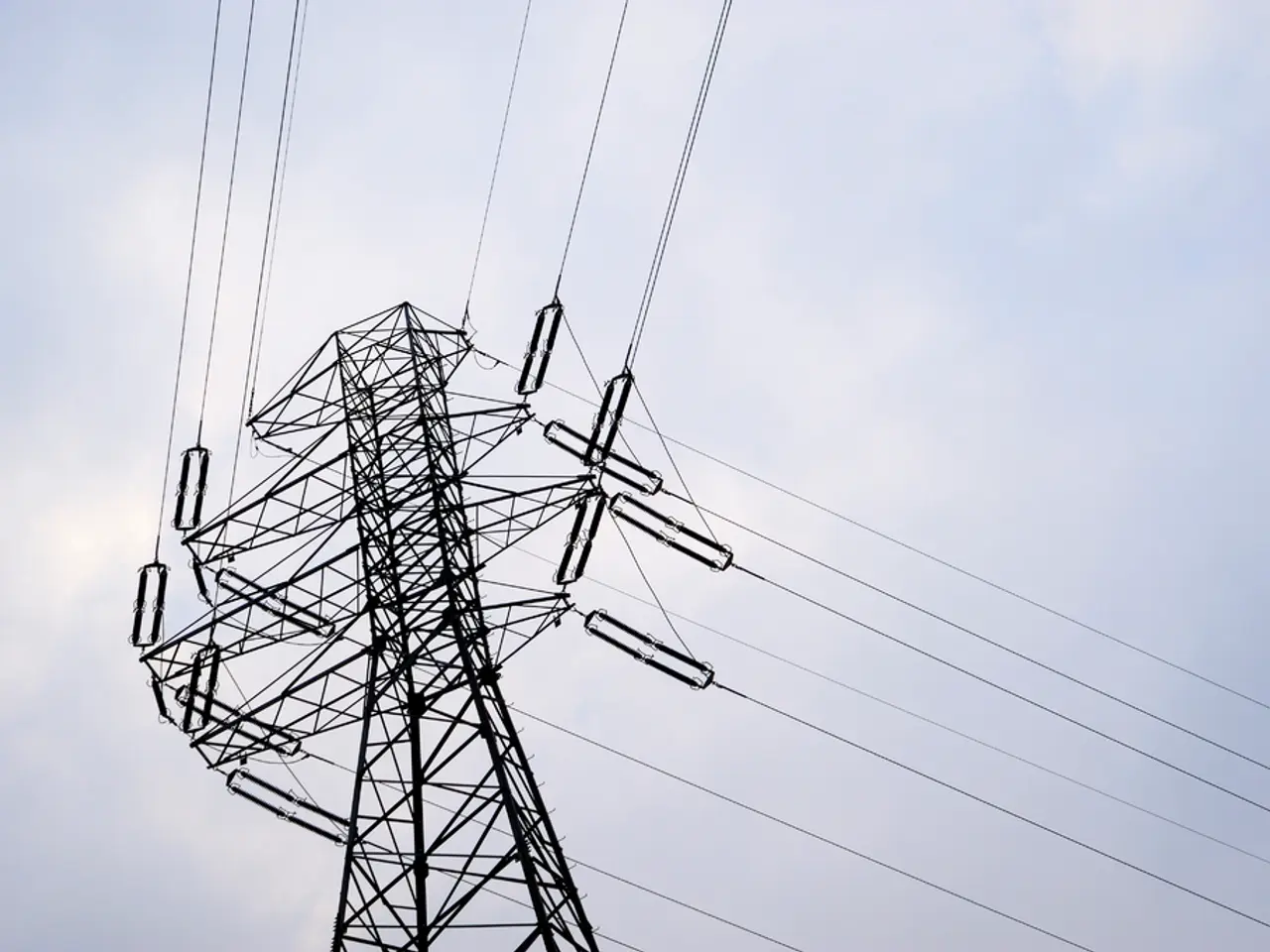Starlink initiates service in the Democratic Republic of Congo, broadening its presence across Africa
The Democratic Republic of Congo (DRC) has taken a significant step towards bridging its digital divide, with the launch of Starlink's satellite-based internet service. This development is expected to transform sectors like education, healthcare, and e-commerce in the country, particularly in underserved and rural areas where traditional infrastructure is limited.
The launch was facilitated by a telecom license from the ARPTC (Congolese Postal and Telecommunications Regulatory Authority), granted to a locally registered subsidiary of Starlink named Starlink DRC S.A. The entity is now responsible for operating Starlink's service in the DRC.
Starlink's satellite-based technology operates by beaming internet directly from low Earth orbit, providing high-speed, low-latency broadband. This technology bypasses the issues of poor terrestrial infrastructure in the DRC, enabling internet coverage in even the most remote areas of the country.
The expansion of Starlink in Africa could lead to increased internet access in countries like the DRC, potentially improving internet penetration rates. As of 2023, only about 30% of the DRC’s population had internet access, with connectivity concentrated in certain neighbourhoods of Kinshasa. Starlink's satellite network can reach remote and rural populations that traditional fiber or mobile networks fail to cover, thus dramatically improving internet penetration nationwide.
Starlink RDC S.A. began offering satellite internet services in DRC in May 2025, providing citywide coverage in Kinshasa and expanding beyond. The service is priced more competitively than local providers like Orange and CanalBox, particularly for unlimited plans, though the upfront cost of equipment remains high. The government is considering tax cuts to reduce equipment costs, which would make Starlink more accessible and widen its lead over competitors.
The benefits of Starlink's service in the DRC are far-reaching. Reliable internet access enables remote learning, access to digital educational resources, and connectivity for schools outside urban centers where traditional internet penetration is weak. In healthcare, enhanced internet facilitates telemedicine, remote diagnostics, and data sharing among medical facilities, which is crucial for a large country like DRC with scattered health infrastructure.
Better connectivity also empowers online businesses, digital marketplaces, mobile payments, and broader participation in the digital economy, creating opportunities for economic development and job creation. Starlink's collaboration with Airtel Africa targets severe connectivity gaps in several African countries, including DRC, to bring stable, high-speed internet to customers such as households, schools, hospitals, and businesses.
In summary, Starlink’s entry into the DRC promises to expand affordable, high-speed internet access, reducing the digital divide. This will likely foster progress in education by enabling e-learning, enhance healthcare delivery through telemedicine, and boost the e-commerce sector by connecting businesses and consumers across the country. The government’s supportive incentives aiming to lower equipment costs will further amplify these benefits by making the service more accessible to a larger portion of the population.
[1] [Government of the Democratic Republic of Congo, 2025] [2] [International Telecommunication Union, 2023] [3] [Starlink, 2025]
- The launch of Starlink's satellite-based internet service in the Democratic Republic of Congo (DRC) could potentially revolutionize sectors like science, space-and-astronomy, and technology, as improved internet access enables research collaboration, space data analysis, and technology integration in education, healthcare, and e-commerce.
- The expansion of Starlink's satellite network, aiming to bring stable, high-speed internet to underserved areas of the DRC, could facilitate technological advancements, such as remote research in space-and-astronomy, and encourage scientific exploration and innovation among the previously underconnected population.




